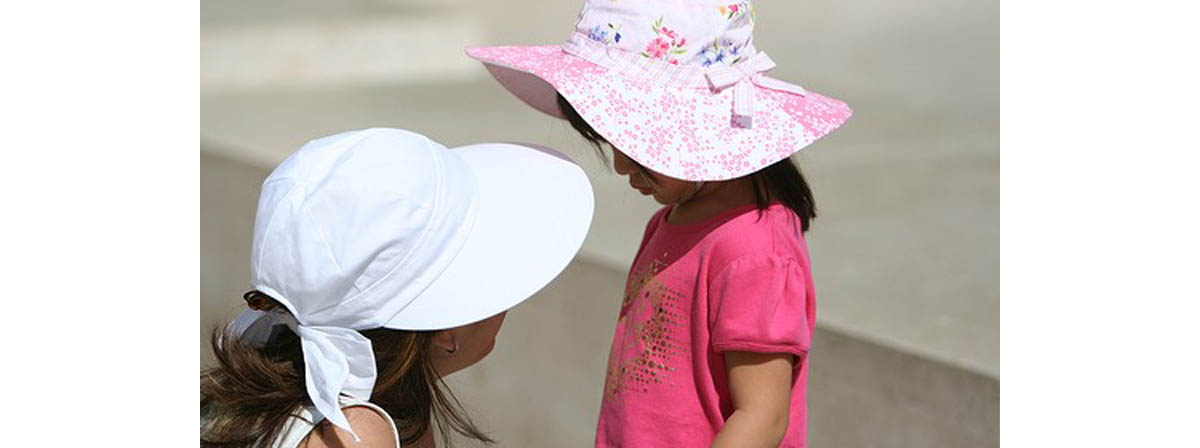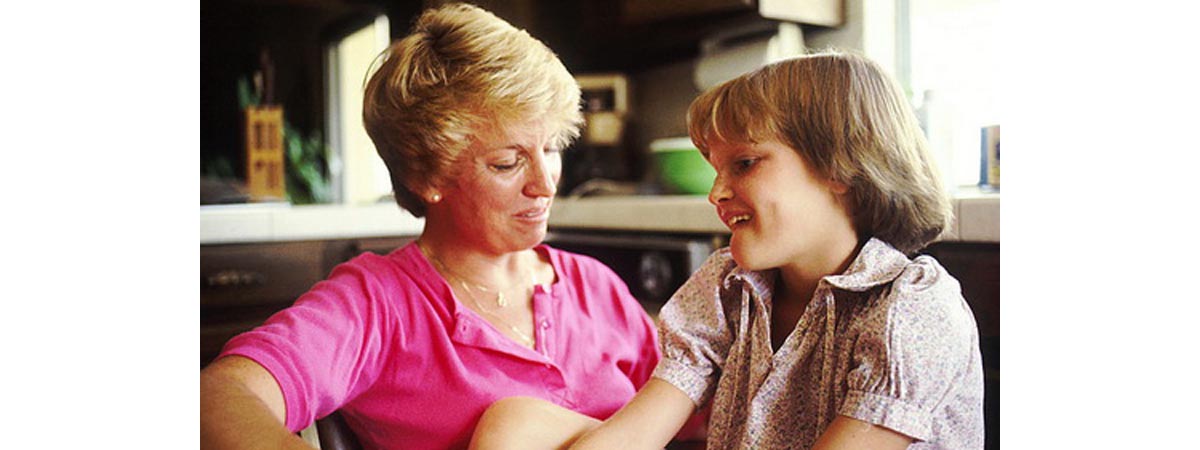My kids have always been drilled to avoid placing drinks on the same surface as electronic devices. When my seven-year old daughter placed a pint of water next to my newly acquired tablet last week and then brushed past the table in a way that made the water pour all over my shiny toy, I wanted to yell so badly.

I am not a perfect parent, you see. Like many other parents, I lack patience and you could even say I am short-tempered in general. Needless to say, I was really quite angry. What I really wanted to do is scream, and perhaps hurl insults at my precious little girl.
Yet, I did something different. I ran over to my tablet with a towel, dried it thoroughly, and found that it still worked. Then, I took a parental time-out. This may sound weird to you, and it did to me too just a while ago. So, why?
After I cooled down, I went to talk to my daughter. She was crying and felt extremely guilty. I gave her a hug and told her everyone makes mistakes. Then, I reminded her that we never place drinks next to electronic devices, and that she should remember this, in a matter-of-fact manner. After that, we continued with our day as normal.
This was a big achievement for me because I was a yeller not too long ago. Every day, I am amazed to see the results of our new, more positive discipline techniques. My children are happier, as am I. They are also much more receptive to advice, and ask me for my opinion much more often. That is because our home is now a constructive environment that fosters healthy emotional development and personal growth.
Positive Discipline: Not For Softies
Not yelling, and letting go of a punitive approach to discipline, does not equal letting your children walk all over you. It does not equal no discipline, just discipline in a way that actually achieves long-term results.
Positive discipline thrives in households that have clear rules and expectations, in which children feel they actively contribute to family life, and where predictable consequences are in place.
None of that screams "softie", because parents who do not yell and practice positive discipline can still be very much in control of their families.
All adults know that collective problem-solving and constructive criticism from their employer works much better than anger and humiliation. If your employer, or any other authority figure in your life, reacts to you with anger, yelling and insults, you will probably get angry in return and will not want to solve the problem you have at all. The same holds true for children, with the difference that you — the parent — are the most important person in their life, and besides escalating the situation you were dealing with you will also damage your relationship with your child.
If you are still wondering giving up yelling and the negative atmosphere that comes with that is worth it, ask yourself some tough questions:
- Do you have an anger problem?
- Do you yell because your parents yelled, and it comes naturally?
- Does yelling and anger achieve the results you want?
- When you discipline your kids, does that come from a place of impulse — or do you have the future in mind?
- Does your discipline approach solve problems, or does it actually increase the need for more discipline?
How To Stop Yelling And Become A Happier Parent
Parents who would love to stop yelling at their kids should first identify the reason they yell. A few common reasons parents yell at their children are:

- The belief that yelling will get children to do what the parent wants
- Anger issues
- Stress and frustration
- Habitual — your parents yelled, and you fell into the same pattern.
Kids Will Listen If You Don't Yell
Parents who yell out of the belief that this is necessary to get children to listen or because they think the fear kids feel when they yell will deter them from misbehaving will probably find that giving up yelling isn't that hard. If you didn't yell out of anger and generally feel in control, not yelling will come naturally.
These parents will benefit from reviewing the rules and expectations that are in place in their family. Do your kids know both the rules and the consequences for not following them? If not, call a family meeting and discuss these issues. Put up a rule chart that shows the rules clearly, and make sure the rules you have are age-appropriate.
At the same time, explain what will happen if rules are not followed. These consequences will vary hugely from family to family — time-outs, taking away privileges or adding chores, or simply talking the problem through to reach a solution are all options.
Do make sure that you give your kids a bunch of positive feedback and that you regularly engage in fun family bonding experiences like playing games, eating out, and going on trips (to the movies, bowling, the zoo, park, museums — whatever you all like).
Anger Issues And A Childhood Of Yelling
If your yelling happens because you have anger issues or you were raised in a yelling household yourself, changing will be more of a challenge. Plenty of parents face these issues, however, and since you are trying to solve them there is nothing to be ashamed of.
For instance, I yelled because I suffer from Post Traumatic Stress Disorder. Therapy turned me around, with a fantastic knock-on effect on my children. My relationship with my husband is better too. Therapy is worth it.
Those who think they don't need therapy can still implement their own anger management techniques. Going to another room and taking a parental time-out is a good option. While you are in time-out, you can do breathing techniques, drink a large glass of water, or check your emails. If necessary, rehearse the conversation you will have with your child in your head and take the time to imagine a calm, peaceful voice.
Is Stress Taking Over Your Life?
Parents who are overwhelmed, stressed and frustrated may need to attack the source of that stress before they can successfully stop yelling. How you do this is completely individual, but some examples are:
- If household chores are taking most of your day and kids' messes are making you stressed, involve your kids in chores to take some of the heat off.
- If you are stressed because you never get any alone time, make it happen somehow.
- Financial stresses are, unfortunately, often taken out on children too. You may not be able to get rid of them, but you can at least deal with finances when your kids are not around so you have cooled down by the time you see your kids.
- If your children are constantly misbehaving, implementing clear rules and consequences and also making sure they have plenty of positive feedback will help.
Keep in mind that it takes time to change, and don't be too hard on yourself if you go back to yelling a few times. If you keep working hard, and keep communicating openly with your children, your situation will get better.
- Photo courtesy of AngerBoy by Flickr : www.flickr.com/photos/angerboy/532681002/
- Photo courtesy of National Cancer Institute by Wikimedia Commons : commons.wikimedia.org/wiki/File:Mother_and_daughter_talking.jpg


Your thoughts on this